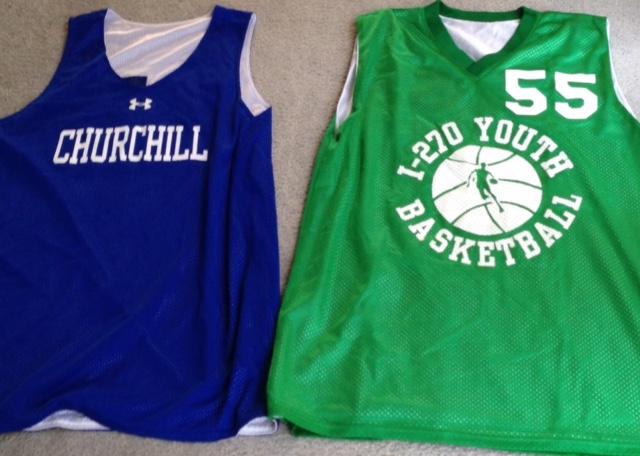Club sports more important for college recruiting
Though high school sports foster social interactions, most club teams provide a higher level of intensity and opportunity to be recruited.
April 29, 2015
For two to three months at most, student-athletes get to compete in their high school seasons. However, during the other nine months or so, club sports take priority. For students wanting to play sports in college, there is a clear gap between club and high school competitiveness.
Many high school sports team have a club team that competes in the offseason. Club sports tend revolve around high school sports seasons and have a different philosophy than high school teams.
“Club soccer offers a coach to work on all aspects of training rather than a coach with a limited time span of three and a half months,” girls varsity soccer coach and club soccer coach Haroot Hakopian said. “Coaches can actually work on long-term training goals rather than immediate needs.”
Because club soccer has more time for training, it opens up more time for college scouts to look for players.
“Club soccer gives the girls significantly more exposure,” Hakopian said. “College coaches are drawn to showcase tournaments because they can identify dozens of players in one weekend as opposed to seeing three to four players in a high school game.
Ultimately, student-athletes planning on playing sports in college usually have no choice but to play club since there are so many more chances for exposure throughout the year.
According to Hakopian, at the Jefferson Cup tournament that his U-18 team attended, over 300 college coaches watched the games, and 19 of the 22 players on that team have committed to play at the collegiate level.
Although some college coaches do attend high school games, it is very difficult to get recruited solely through high school, even if you are on a good team.
Senior girls soccer forward Kate Reese, a recent Loyola University commit, explains how she was recruited predominantly through her club team.
“Colleges saw me through club soccer because we travel to several showcase tournaments a year and they come to our games,” Reese said.
Not only is there a difference in terms of recruiting coverage between club and high school sports, but there is also the difference in competition at the different levels of sports.
“The main difference between club and high school is club is a lot more intense,” Reese said. “The girls on club are all really serious about soccer and plan to play at the next level while a lot of girls on the high school team don’t plan to further their careers beyond high school.”
Like soccer, the large difference between high school and club lacrosse is significant in terms of getting recognized by college scouts.
Junior Bethany Dubick was recruited to Oberlin College through her club team. She also acknowledges a gap between high school and club lacrosse.
“Club teams play a huge role in getting you recruited,” Dubick said. “I learn skills from my high school team that help me play better on club, but ultimately club is what gets you recruited.”
College coaches also have a lot more availability and flexibility to go see games and players at the club level since the club season typically does not coincide with the college sports season.
Basketball, for example, can be heavily recruited through high school teams, but the problem is that the season runs parallel to the college basketball one, so coaches often do not go to watch high school players compete.
Athletic director Scott Rivinius estimates that this year six to eight college coaches have come to watch athletes on campus, as well as at away sites.
Especially for basketball, there are countless numbers of AAU showcases throughout the club season in which hundreds of college coaches from all levels of college sports come to recruit.
“For many sports, the club season runs at a different time than the college season, so it allows coaches to see athletes extensively and see multiple top athletes at one venue,” Rivinius said.
Although high school sports may have more of a social aspect than club, the level of competition for top high school teams can match or even exceed that of club teams. Just because one does not play club sports does not mean one will not get recruited.
The importance of high school sports may very well depend on the individual sport or how well the high school team is performing, but it seems as though club sports, in lacrosse and soccer at least, are more vital for securing college exposure.


